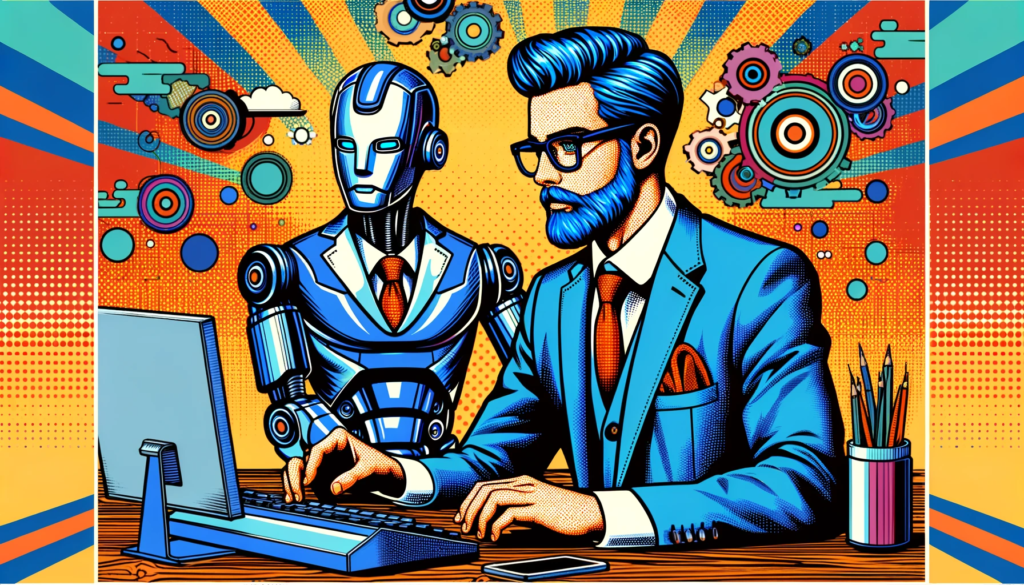The world of Web3 technology is ever-changing, and decentralised organisations face unique challenges in this dynamic landscape. To thrive and grow, Web3 teams must be resilient and adaptable, capable of embracing change and capitalising on opportunities. In essence, they must become antifragile. But how can web3 leaders build antifragile teams that flourish in the face of uncertainty and disruption?
In this guide, we will explore the key components of resilient Web3 organisations, discussing strategies for building antifragile teams that thrive in decentralised ecosystems.
Understanding Antifragility in Web3 Organisations
Antifragility, a concept introduced by Nassim Nicholas Taleb, refers to systems that improve and grow stronger in response to shocks, volatility, and adversity. In the context of Web3 organisations, antifragility is about cultivating a team culture and infrastructure that embraces change and transforms challenges into opportunities.
Strategies for Building Antifragile Web3 Teams
1. Foster a Decentralised Culture
In a decentralised ecosystem, it’s essential to create a team culture that aligns with the core principles of decentralisation. To achieve this:
- Encourage autonomy and empower team members to make decisions
- Facilitate open and transparent communication across the organisation
- Embrace diversity of thought and promote collaboration
2. Invest in Continuous Learning
Continuous learning is the cornerstone of antifragility, enabling teams to adapt and grow in response to new challenges. To foster a culture of learning:
- Provide team members with resources and opportunities for skill development
- Encourage knowledge sharing and cross-functional collaboration
- Stay abreast of industry trends and advancements in Web3 technology
3. Implement Agile Processes
Agile methodologies can help Web3 teams respond effectively to change and uncertainty. To embrace agility:
- Adopt iterative development processes, such as Scrum or Kanban
- Regularly review and adapt team processes to ensure optimal performance
- Emphasise flexibility and adaptability, rather than rigid plans and processes
4. Cultivate a Resilient Mindset
A resilient mindset is critical for antifragility, enabling team members to persevere in the face of adversity. To nurture this mindset:
- Encourage a growth mindset, focusing on learning and improvement rather than success or failure
- Foster psychological safety, allowing team members to express their thoughts and concerns without fear of judgement
- Celebrate progress and small wins, while also embracing failure as a learning opportunity
5. Plan for Uncertainty and Disruption
Antifragile teams acknowledge that uncertainty and disruption are inevitable and plan accordingly. To prepare for the unknown:
- Build redundancies and contingencies into team processes and infrastructure
- Regularly assess potential risks and develop mitigation strategies
- Encourage creative problem-solving and experimentation
The Path to Antifragility: Embracing Change and Uncertainty
By adopting these strategies, Web3 organisations can cultivate antifragile teams that thrive in the face of uncertainty and disruption. As the decentralised landscape continues to evolve, it is essential that teams embrace change, learn from challenges, and adapt their processes and mindsets accordingly.
To summarise, the key components of building antifragile Web3 teams are:
- Fostering a decentralised culture that encourages autonomy, transparency, and collaboration
- Investing in continuous learning and staying updated on industry trends
- Implementing agile processes to respond effectively to change
- Cultivating a resilient mindset focused on growth and learning
- Planning for uncertainty and disruption, with contingencies and creative problem-solving
By embracing these principles, Web3 organisations can build resilient and antifragile teams that are well-equipped to navigate the dynamic world of decentralised ecosystems. In doing so, these teams will not only survive but flourish amid change and uncertainty, driving innovation and growth in the Web3 space.
As the world continues to embrace decentralisation and Web3 technologies, the importance of cultivating antifragile teams will only grow. By investing in continuous learning, fostering a resilient mindset, and embracing agile processes, organisations can build the foundations for long-term success in this ever-evolving landscape.
Remember, the key to thriving in the Web3 ecosystem lies in adaptability, resilience, and a willingness to learn from challenges. By nurturing these qualities in your team, you can unlock the true potential of decentralised technology and chart a path towards a more innovative and inclusive digital future.

